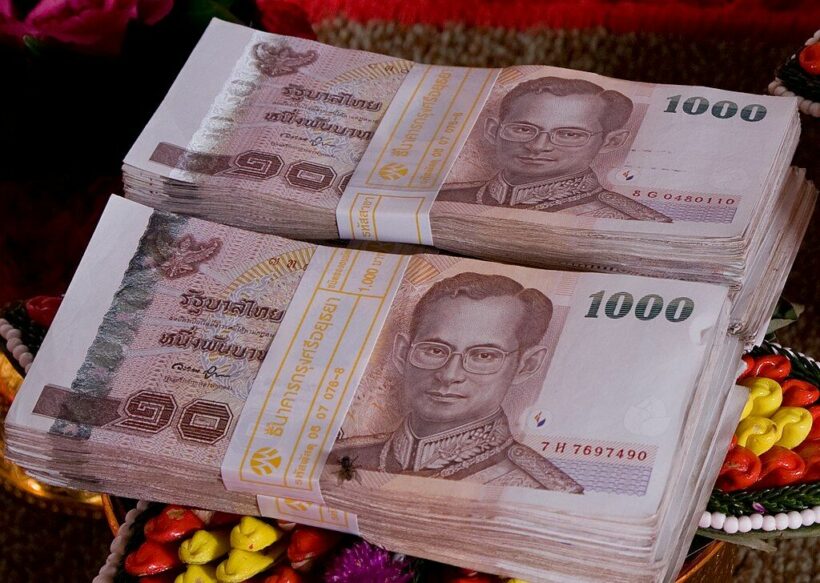Thai government mulling more relief packages in light of Covid-19 third wave

Thailand’s government is mulling more relief packages to help counteract the country’s third wave of Covid-19. PM Prayut Chan-o-cha has told all economic agencies to fast-track their assessments of how the third wave has impacted the economy, a requirement that must be completed before new relief packages can be detailed. Once the packages have been created, the Centre for Covid-19 Situation Administration will make the final decision.
Past relief packages aimed at helping with living costs, such as discounts on electricity, water and cooking gas bills for instance, proved effective in helping ease the economic impact of the outbreak on consumers. When the first wave of Covid-19 hit Thailand early last year, the government took out 1 trillion baht in emergency loans to help with the economic impact of the pandemic. Now, more than 700 billion baht has already been used to fund several relief and stimulation packages.
More than 700 billion has already been spent to fund several Covid-19 relief and economic stimulation projects. The first aid package was given to about 16 million self-employed people. Each of those who qualified for the package were given a total of 15,000 baht over 3 months. A second group of about 10 million farmers was later given a similar package. Infants, seniors, and disabled people were given 1,000 baht a month for 3 months. Those with state welfare cards were given extra money in addition to their normal monthly allowances.
Late last year, a co-payment scheme went into effect, reaching 10 million people. They were each offered a 50% co-payment for buying consumer products, with a cap set at 3,000 baht per person. State welfare card holders were once again included in the scheme, with 500 baht per month being paid out for 3 months to 14 million card holders. The co-payment scheme saw a second phase covering 5 more million people.
The second wave of Covid-19, which hit at the beginning of 2021, saw another financial aid scheme that provided 7,000 baht in subsidies to 31 million people. 14 million state welfare card holders also received up to 2,800 baht each.
So far, the rollout of the new set of financial aid packages has not been given a timeline publicly, but once it has been mapped out, the CCSA will surely announce its decision.
SOURCE: The Phuket News
Latest Thailand News
Follow The Thaiger on Google News:


























